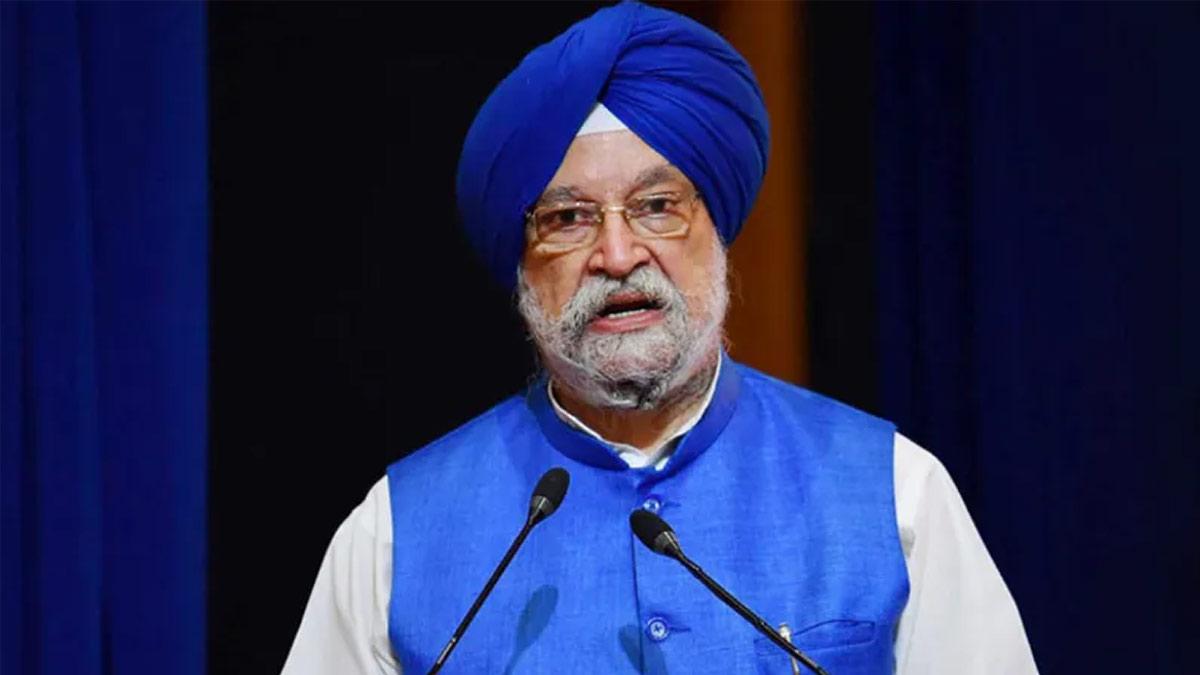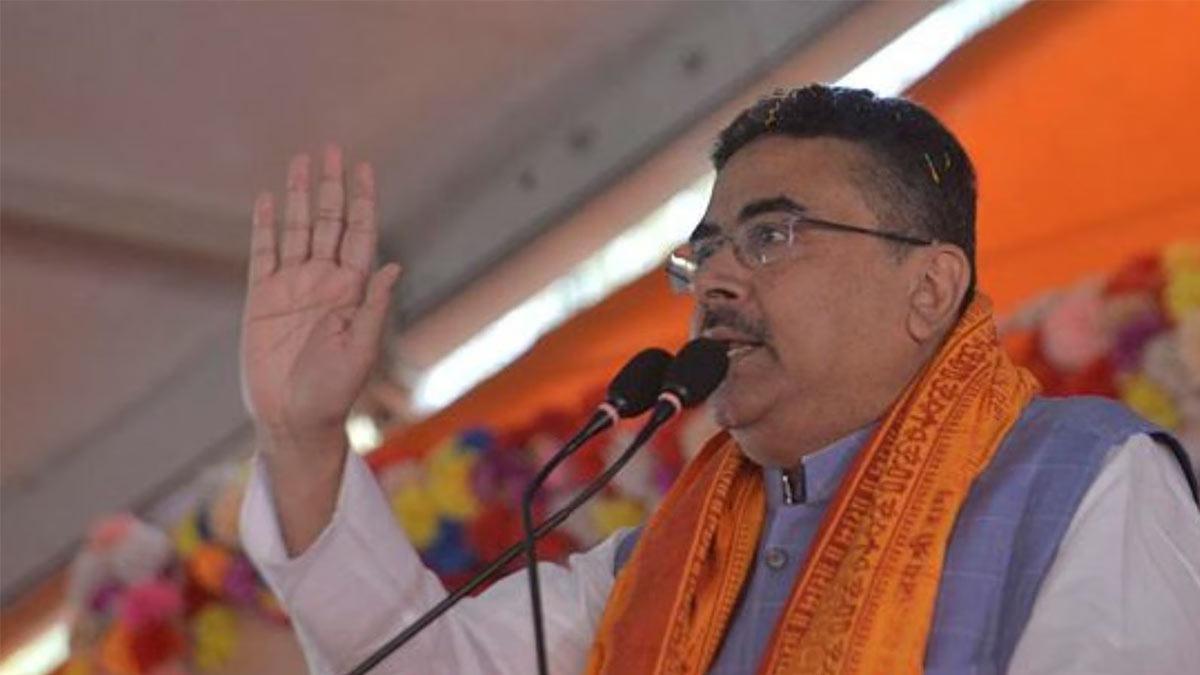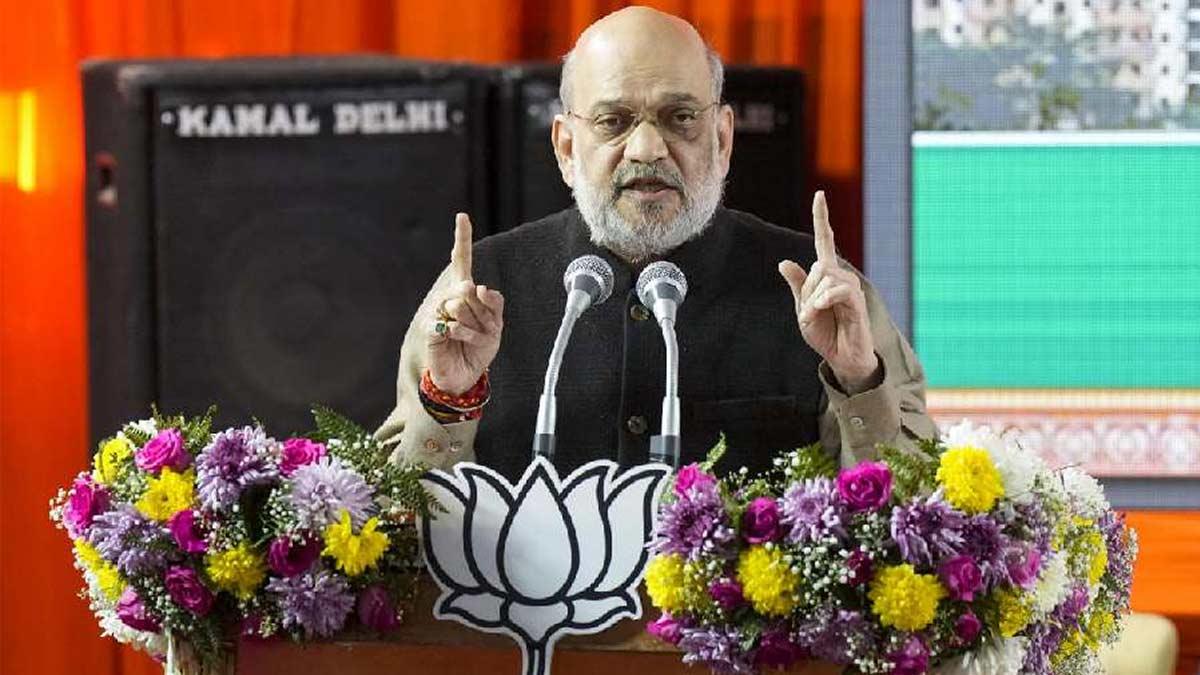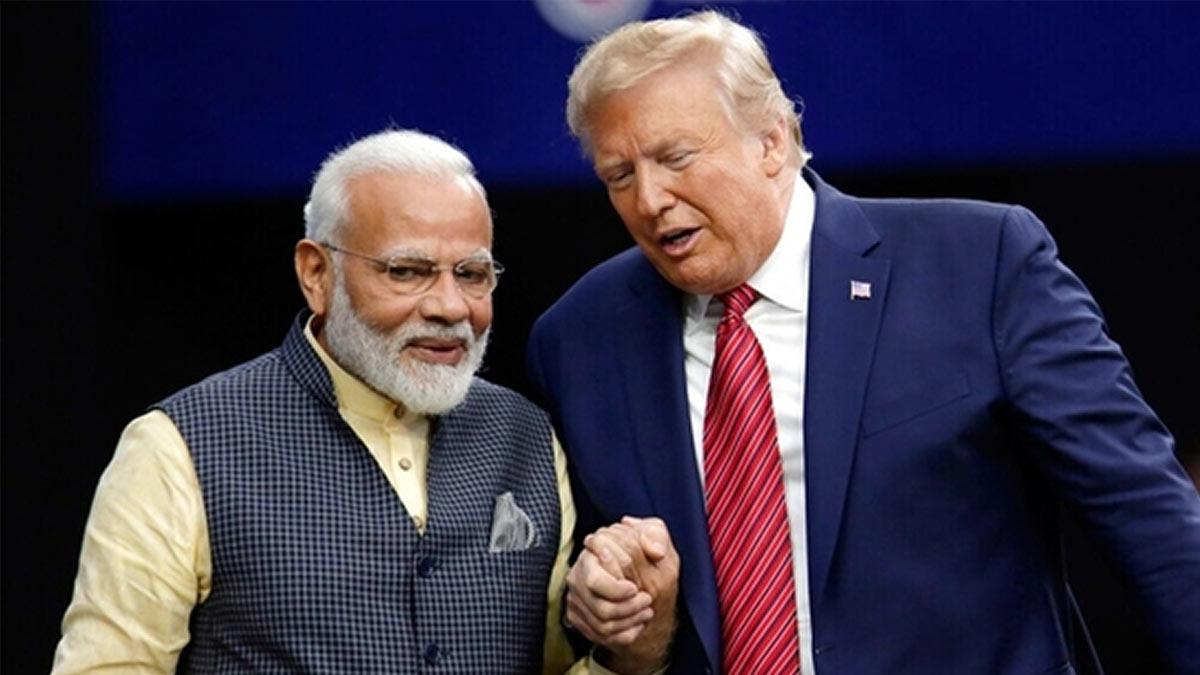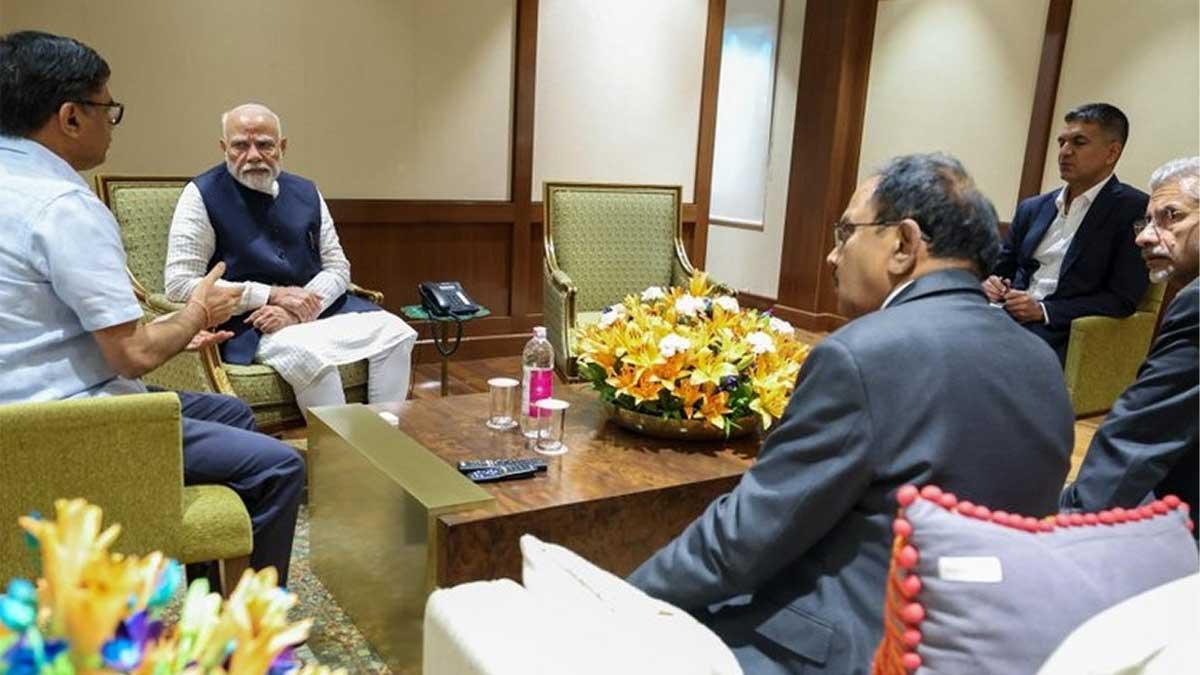Union Minister Hardeep Singh Puri, in charge under the strong leadership of Prime Minister Narendra Modi, sharply condemned Pakistan on Thursday. He reported that "New India," under the current government, is able to the fullest extent of giving a harsh and punitive lesson to Pakistan, which has yet to abandon adopting terrorism as state policy.
Puri posted on the social media platform X: "Enough is Enough. New India under PM Modi Ji knows how to stand up and fight back. The strong steps taken against Pakistan, including suspending the Indus Waters Treaty, shutting down the Attari border's integrated check post, and reducing the staff strength of high commissions, are just the beginning."
He went on to say, "More innocent Indians, both tourists and otherwise, have died in intensive terror onslaughts over the decades than have been killed in wars with our mercurial neighbor, enabling terror groups to spread in our neighborhood.
“Pakistan has yet to renounce and denounce the use of terror as an instrument of state policy. It has been relentlessly attacking us. However, there has been a change—a change that has been ushered in by PM @narendramodi Ji’s firm, decisive shift in doctrine,” Puri continued.
Recalling the episode now, Puri had recalled while he was serving as India's Deputy High Commissioner in the UK during 2002 when he went on BBC HardTalk declaring that a great deal has occurred since then. "Pakistan will realize sooner or later that it is now facing a much sterner, more determined leader—one who takes no nonsense," he continued.
In the wake of the April 22 Pahalgam terror attack that claimed the lives of 25 Indians and a Nepali national, India has pursued a series of diplomatic actions to corner Pakistan for its involvement in cross-border terror. The Cabinet Committee on Security (CCS), led by Prime Minister Modi, met on Wednesday night to discuss the ghastly attack that killed 25 Indians and a Nepali citizen, with some others injured. The CCS condemned the attack in strong words, extended condolences to the bereaved families, and prayed for the speedy recovery of the injured. The terrorist attack on the tourists at a favorite spot was reportedly linked with terrorist organizations backed by Pakistan.
Strong international government support has also been garnered by India, with governments condemning the attack and reiterating their policy of zero tolerance towards terrorism.
The CCS noted that the attack occurred against the backdrop of well-organized elections in Jammu and Kashmir and in the region's steady march toward economic development and stability–advantage that terrorist forces regard as being at threat and want to destabilize.
As a reaction to the attack and its trans-border connotations, the CCS took several key decisions:
Suspension of the Indus Waters Treaty – One of the most high-profile decisions was that of India's suspension of the 1960 Indus Waters Treaty. It effectively suspends water-sharing collaboration with Pakistan, a significant move that will be ongoing until Pakistan takes credible actions to cease enabling cross-border terror.
Attari Integrated Check Post Closure – In response to the terror attack, India has announced the Attari ICP, one of the important border crossing points, closed from immediate effect. Pakistani nationals holding valid travel documents have until May 1, 2025, to return to Pakistan through this route. All land journeys between the two nations will be halted thereafter.
Revocation of SAARC Visa Exemption for Pakistani Nationals – India has also withdrawn the SAARC Visa Exemption Scheme (SVES) for Pakistani citizens. All visas under this scheme that were previously issued have been revoked, and those already in India under this agreement must leave India within 48 hours.
Persona Non Grata Status to Pakistani Envoys – India made a belligerent diplomatic declaration of intent by declaring Pakistan's Defence, Military, Naval, and Air Advisors stationed at the Pakistani High Commission in New Delhi Persona Non Grata, asking them to vacate within a week.
India also withdrew its own military advisers from its High Commission in Islamabad and cancelled equivalent staff posts. Five support staff for these posts were also withdrawn from both missions.
Reduction in Diplomatic Staff – In another provocation, India has chosen to decrease the diplomatic staff of the Indian High Commission in Islamabad and the Pakistani High Commission in New Delhi both to 30 members, from 55. Reduction will come into effect by May 1, 2025.
The CCS also evaluated the overall security environment and instructed Indian forces to be very vigilant. India is determined to see that all responsible for the Pahalgam attack are brought to justice, and their backers held accountable. The government reasserted its determination to pursue those engaged in terrorism, pointing to notable extraditions such as Tahawwur Rana.
India's diplomatic action signals the nation is shifting towards isolating Pakistan until it halts its support to terrorism. The actions demonstrate the resolve of the government against Pakistan's terrorism on Indian soil and sending a clear message to the world that the nation would not tolerate terrorism.
Read also| Suvendu Adhikari Claims Targeted Attacks on Hindus in Kashmir, Bengal, and Bangladesh
Read also| India-US strategic partnership will be a defining one of 21st century, Says PM Modi

